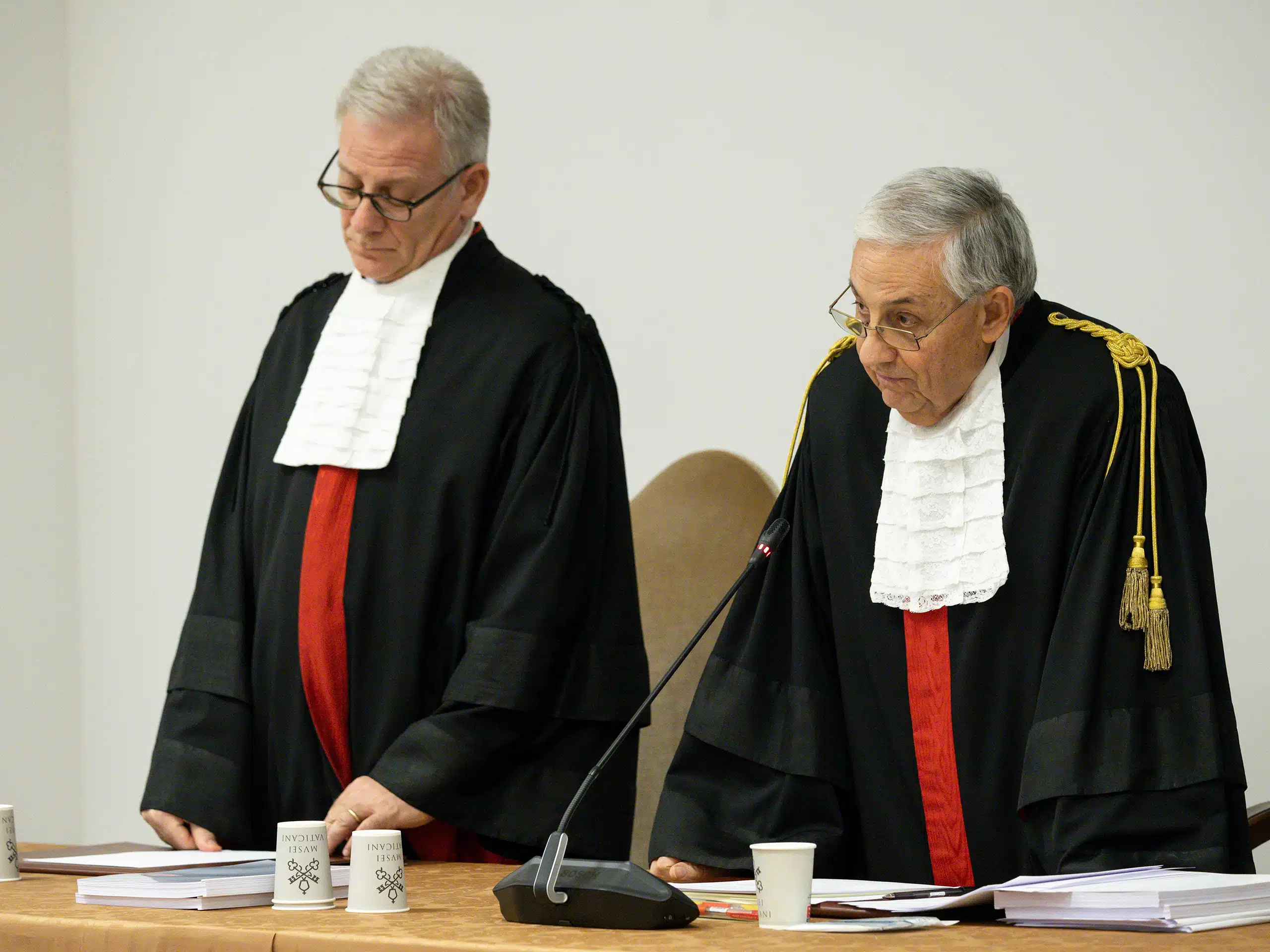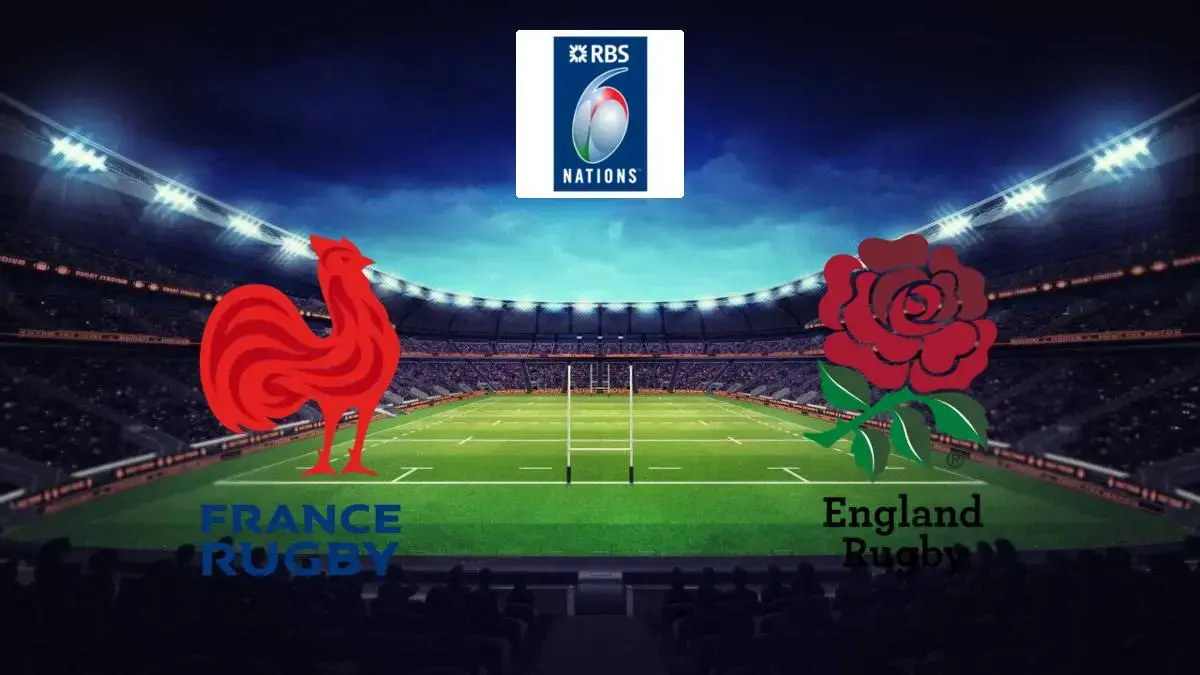Is XRP A Commodity? SEC Classification And The Ongoing Debate

Table of Contents
2. Main Points:
2.1. The SEC's Definition of a Security (Howey Test):
The Securities and Exchange Commission (SEC) uses the Howey Test to determine whether an investment offering constitutes a security. This test, established in SEC v. W.J. Howey Co., hinges on four criteria:
- Investment of money: Did investors contribute capital?
- Common enterprise: Is there a shared investment scheme?
- Expectation of profits: Did investors anticipate profits primarily from the efforts of others?
- Efforts of others: Were profits derived from the managerial or entrepreneurial efforts of a third party?
Applying the Howey Test to cryptocurrencies like XRP presents significant challenges. The decentralized nature of many cryptocurrencies complicates the identification of a "common enterprise" and the determination of who exactly is responsible for generating profits. The SEC argues that certain aspects of XRP’s initial distribution and promotion meet the criteria of an investment contract, essentially classifying it as a security. Keywords: Howey Test, security, investment contract, SEC regulation, cryptocurrency regulation.
2.2. Arguments for XRP as a Commodity:
Proponents of XRP being a commodity argue that it functions more like a currency or a utility token within the RippleNet payment system. Key points supporting this classification include:
- Decentralized Functionality: While Ripple Labs initially played a significant role, XRP operates on a decentralized ledger, meaning no single entity controls its operation.
- Cross-Border Payments: XRP facilitates fast and cost-effective cross-border transactions, acting as a bridge currency between different fiat systems.
- Utility as a Medium of Exchange: XRP's primary function is as a means of facilitating transactions, similar to gold or other established commodities. It is not sold with the promise of future profits based on the efforts of a central entity.
- Community-Driven Development: The XRP Ledger has a vibrant community of developers, further supporting the argument of decentralized control. Keywords: utility token, decentralized, currency, payment system, cross-border payments, digital asset, commodity market.
2.3. Arguments Against XRP as a Commodity (and for it being a Security):
The SEC's case against Ripple centers on the argument that XRP was sold as an unregistered security. Their arguments focus on:
- Pre-Sales and Distribution: The SEC alleges that Ripple's pre-sales and distribution of XRP to institutional investors were akin to an investment contract, with implied promises of future profits driven by Ripple’s efforts.
- Centralized Control: Despite the decentralized nature of the XRP ledger, the SEC points to Ripple's initial control over a substantial portion of XRP as evidence of centralized control and influence.
- Expectation of Profit: The SEC argues that investors who purchased XRP during the pre-sales and subsequent distributions anticipated profits from Ripple's efforts to increase XRP's adoption and value. Keywords: investment contract, pre-sale, centralized distribution, SEC lawsuit, Ripple Labs, security token.
2.4. The Ripple Lawsuit and its Implications:
The ongoing legal battle between the SEC and Ripple is pivotal for the future of XRP's classification. The potential outcomes are significant:
- SEC Victory: An SEC win could solidify the precedent that certain cryptocurrencies, even those with decentralized aspects, can still be classified as securities. This would have far-reaching implications for the cryptocurrency industry.
- Ripple Victory: A victory for Ripple could offer more regulatory clarity for cryptocurrency projects, potentially easing the path for future token offerings. However, it might not offer universally accepted guidance.
- Settlement: A settlement could offer a compromise that might provide some clarity, although it may not settle the underlying question definitively. Keywords: Ripple lawsuit, SEC vs. Ripple, legal proceedings, court decision, cryptocurrency regulation, impact on XRP price.
2.5. The Future of XRP Classification and Regulatory Uncertainty:
The lack of clear regulatory frameworks for cryptocurrencies contributes to uncertainty. Several potential future scenarios exist:
- Clear Regulatory Framework: Future legislation could create clear guidelines for classifying digital assets, leading to more certainty for XRP and other cryptocurrencies.
- Continued Uncertainty: The legal battle and ongoing debate might persist, leaving the classification of XRP and other similar assets ambiguous for the foreseeable future.
- Case-by-Case Determinations: Courts may continue to evaluate cryptocurrencies on a case-by-case basis under the existing legal framework, further prolonging uncertainty. Keywords: regulatory uncertainty, cryptocurrency regulation, future of XRP, legal landscape, regulatory framework.
3. Conclusion: The Unsettled Question of XRP's Classification
The question of whether XRP is a commodity remains unsettled. The arguments for and against hinge on the interpretation of the Howey Test and the specifics of XRP's creation and distribution. The outcome of the Ripple lawsuit will undoubtedly play a crucial role in shaping the future of XRP's classification and the broader cryptocurrency regulatory landscape. The lack of definitive answers highlights the need for clearer regulatory frameworks for the cryptocurrency market. Stay informed on the evolving debate surrounding XRP classification, keep abreast of updates on the SEC's stance on XRP as a commodity, and learn more about the implications of the Ripple lawsuit on XRP's future. Keywords: XRP classification, commodity, security, SEC, Ripple, cryptocurrency, regulatory uncertainty.

Featured Posts
-
 Hollywood Mourns Priscilla Pointer Carrie Actress Dies At Age 100
May 01, 2025
Hollywood Mourns Priscilla Pointer Carrie Actress Dies At Age 100
May 01, 2025 -
 Kshmyr Ke Msyle Pr Brtanwy Wzyr Aezm Kw Thryry Drkhwast
May 01, 2025
Kshmyr Ke Msyle Pr Brtanwy Wzyr Aezm Kw Thryry Drkhwast
May 01, 2025 -
 Cardinal Becciu New Findings Cast Doubt On Conviction
May 01, 2025
Cardinal Becciu New Findings Cast Doubt On Conviction
May 01, 2025 -
 Six Nations Frances Impressive Performance Against Italy
May 01, 2025
Six Nations Frances Impressive Performance Against Italy
May 01, 2025 -
 Best Southern Caribbean Cruises Departing In 2025
May 01, 2025
Best Southern Caribbean Cruises Departing In 2025
May 01, 2025
